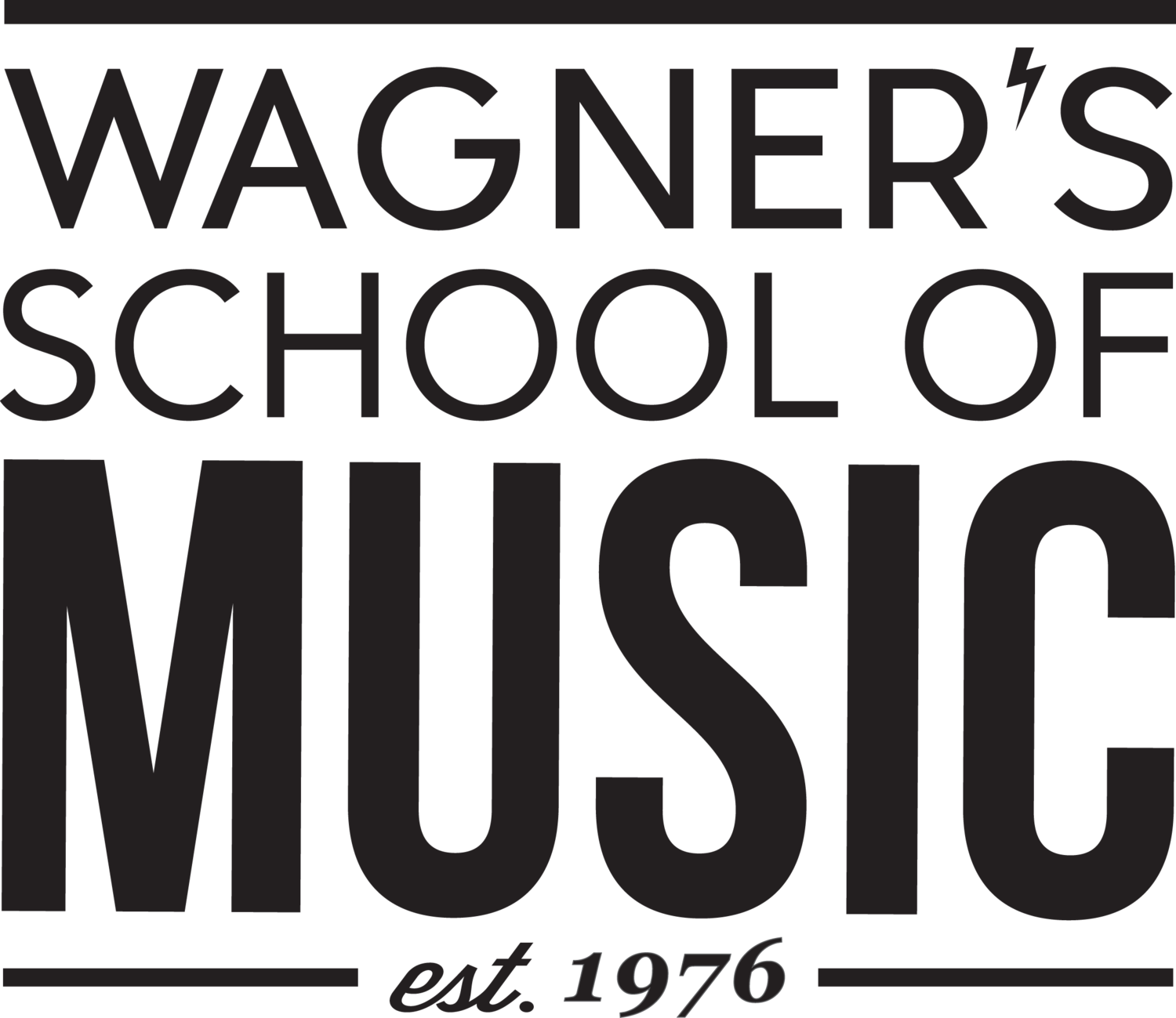First of all, students need clear directions and goals which are provided on a weekly basis by the very highly skilled Wagner's School Of Music teachers. Secondly, students do their best when they can experience some initial success. Thirdly, most
students need help to organize their time and establish regular practice habits.
Consider this. Students have a math lesson every day at school with promptings by the teacher. Still, they sometimes need a little bit of extra help at home. It's reasonable that your child may occasionally face some frustration at home with their music. They don't see their teacher every day, so they very likely will need you to help them stay on task and to encourage them frequently. If we're honest with ourselves, we know that most learning experiences involve a little bit of frustration,
whether it's learning to catch that first ball, hit a tennis ball, learn a new app on the computer, or even to tie a shoe! The trick is to just keep pushing through the frustration until you experience success! Experiences that take a bit of effort are perceived as more valuable. So, never tire of encouraging your child. With our
expertise at teaching children music and your encouragement and help at getting practice organized at home, they WILL experience success And have a lot of fun in the process!
